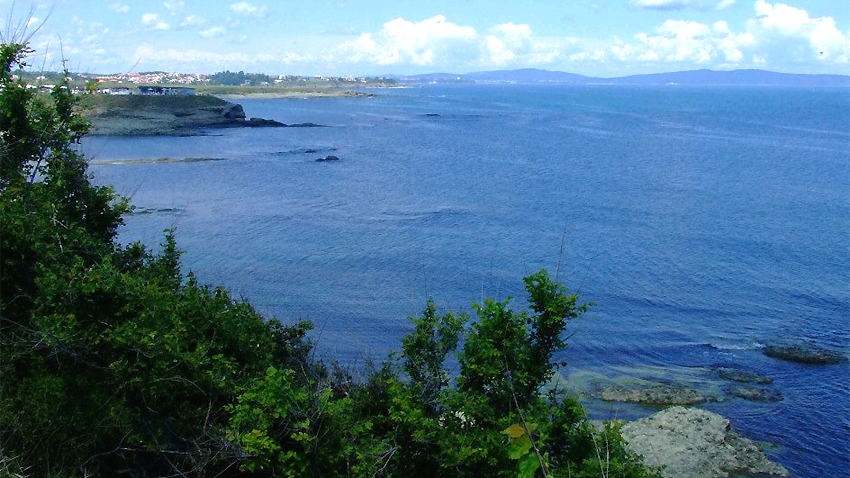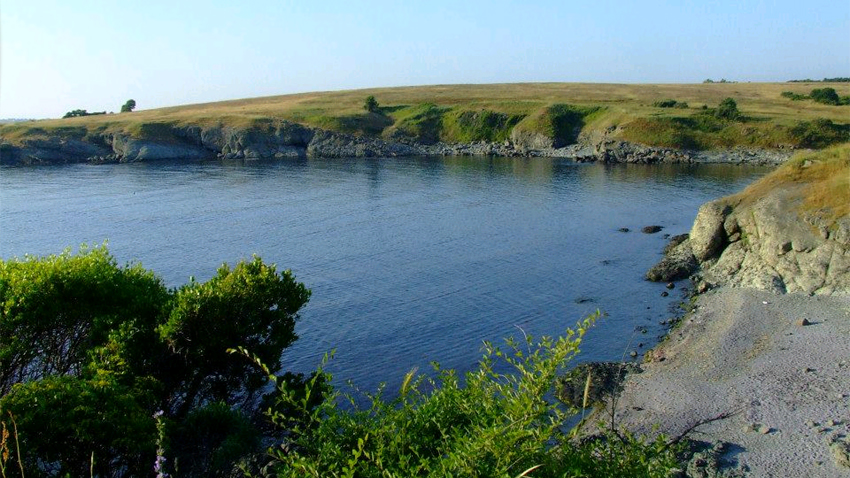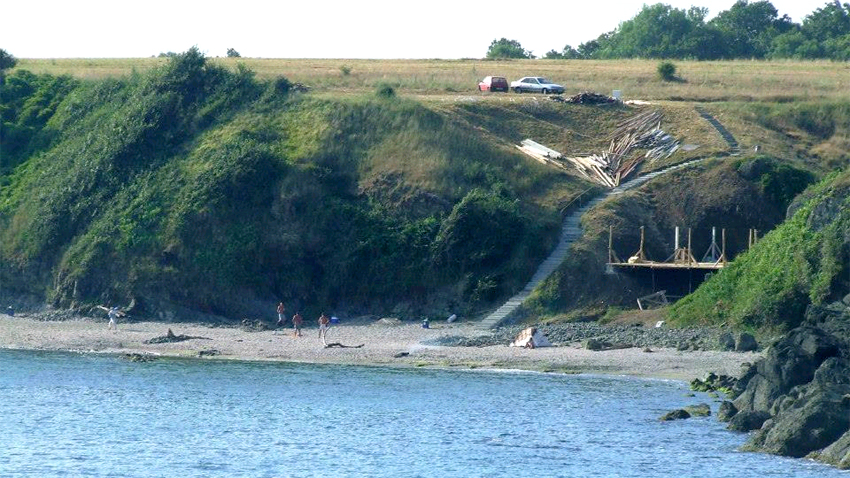Strandja (a rolling mountain in Southeastern Bulgaria) was declared a nature park almost two decades ago. This was supposed to safeguard the century-old oak forests with a lush green carpet at its foot, the striking volcanic cliffs along the Black Sea coastline and the pristine landscapes along the Veleka and Rezovska rivers. Nature conservationists will mark the park’s 19th birthday on February 11 with one more protest against the threat of its urbanization after the Supreme Administrative Court gave the green light to the highly controversial general development plan of Tsarevo municipality. The first protest of the For Nature in Bulgaria NGO coalition ended in its first victory – the Ministry of Regional Development and Public Works ordered that the development plan in question be halted, as it does not have the environmental impact assessment required by the law.

Some background information – the positive assessment given to the development plan by the Ministry of Environment and Water was withdrawn years ago to avoid a European Commission infringement procedure against Bulgaria for violation of European environmental directives. As a matter of fact, 19 years after it was declared a nature park, Strandja does not have a management plan for this protected territory, indicating what can and what cannot be done there. The Environment Minister tried to lay the blame for this at the door of the Bulgarian NGO foundation Biodiversity, which started work on such a plan in… 1999! The truth, however, is very different. The first management plan for Strandja was submitted for approval to the Ministry of Environment and Water in 2003, but encountered resistance from the municipalities of Tsarevo and Malko Turnovo, as it left little room, as they put it, for construction work. The Ministry then commissioned an environmental impact assessment of the park’s management plan. The new version was submitted to the Environment Ministry in 2005 but was not considered until 2010, when Biodiversity won a lawsuit against the Ministry’s indolence. In 2011 it finally got down to discussing the plan and once more returned it – this time for updating – with years having passed since it was drafted… What this bizarre game of ping-pong between officials and environmentalists conceals is the pressure to create a park with a much more liberal regime, allowing for construction within the bounds of what is still the least urbanized strip of land on the Bulgarian Black Sea coast South of Tsarevo.

“What we are being pressured into is to free land within the protected territory where construction work can be planned,” says Petko Tsvetkov from Biodiversity Foundation. “Another series of riders demand exemptions in the logging regime inside the park. We have endeavoured to find mutually acceptable solutions for sustainable development.”
What the people who drafted the Strandja management plan are proposing is to restrict construction work to the areas around the towns and villages, excluding the heart of the park. But that is not how the Tsarevo general development plan sees the development of the municipality – it affords an opportunity to build along the entire length of the sea coast on the territory of the park and along the valleys of the two rivers.
“The general development plan of Tsarevo municipality envisages a 6.5 fold increase in the urbanized territory in Zone A, i.e. the beachfront and a 7 fold increase in Zone B,” says Toma Belev from the Green Balkans. “This will mean 6-7 times more urbanization than what man has built on this territory over the past 3,000 years. We are ready to contest how sustainable this development is.”

Besides losing the pristine seascape in the region, these urbanization plans for the Strandja seacoast also entail a risk of a water shortage for the prospective tourists and inhabitants. Even now supplying water to the region is a difficult job in summer. Dams will probably have to be built along the rivers Veleka and Rezovska and that in turn would dry them up.
Environmentalists are demanding that the authorities take steps to permanently guarantee the preservation of the beautiful Strandja Mountain. And this can be done once and for all not by ministerial decrees, but by amendments to the legislation. They are demanding that the Spatial Planning Act and the Black Sea Coast Spatial Planning Act be amended so as to declare the general development plan, approved without an environmental impact assessment null and void, as well as an opportunity to appeal the general development plan in court, in compliance with the Aarhus Convention.
English version: Milena Daynova
The opportunities for high-quality higher education in French in Bulgaria will be presented during an educational exhibition in Skopje. The event is part of the campaign "Continuons en français - let's study in French in Bulgarian..
April 8 is the day when Roma people around the world celebrate their identity. " International Roma Day is a time to show that we are part of the Bulgarian nation, of the European community and contribute to the development of local, but also global..
Every Bulgarian school abroad has its own story, and that of the Rodna Stryaha Bulgarian school in Cyprus began in 2015. Its foundations are built on the dream of a Bulgarian teacher - when one day Bulgarian children decide to return to their..
Every Bulgarian school abroad has its own story, and that of the Rodna Stryaha Bulgarian school in Cyprus began in 2015. Its foundations are built on..
President Rumen Radev will today attend the opening ceremony of Forest Week in front of St Alexander Nevsky Cathedral. The theme of this year's..
April 8 is the day when Roma people around the world celebrate their identity. " International Roma Day is a time to show that we are part of the..

+359 2 9336 661
